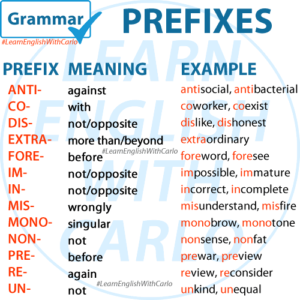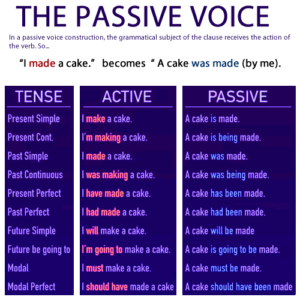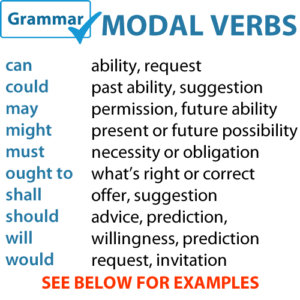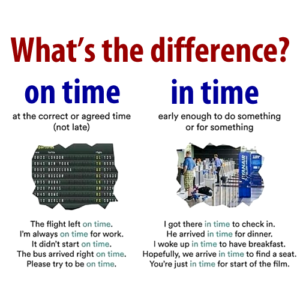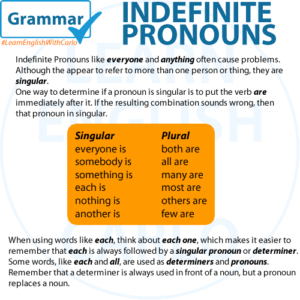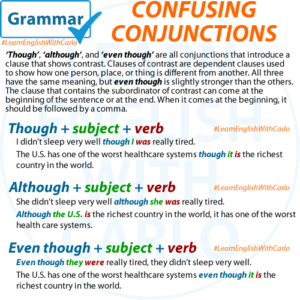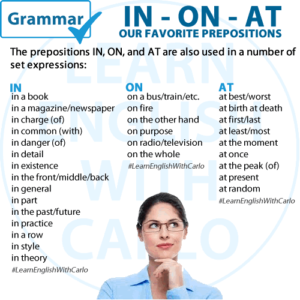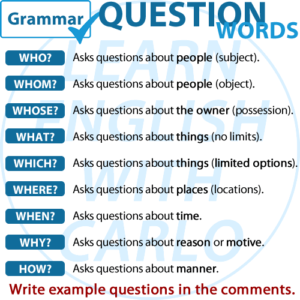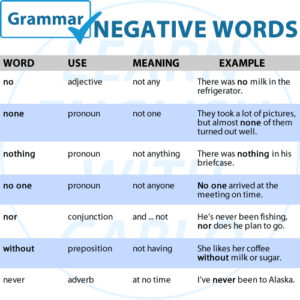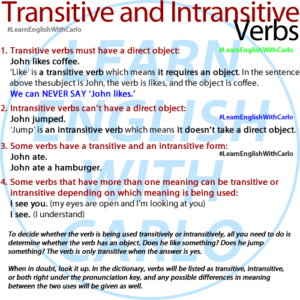Have you ever wondered how a single word can convey vastly different meanings, just by adding a few letters at the beginning? Enter the fascinating world of prefixes – those tiny yet mighty linguistic tools that shape our language in profound ways. What are Prefixes? At their core, prefixes are linguistic building blocks, morphemes attached …
Category: GRAMMAR
Permanent link to this article: https://englishyourway.com.br/prefixes-unlocking-the-power-of-word-beginnings/
Nov 17
GRAMMAR – The Passive Voice
There are two voices in English (and most other languages), ACTIVE and PASSIVE. ACTIVE: Isabella ate the burrito.In this sentence, the subject, Isabella, performed the action, and the object, the burrito, suffered the action. To express something in the PASSIVE voice, the idea needs to have an OBJECT.Why? Because in the passive voice, the OBJECT …
Permanent link to this article: https://englishyourway.com.br/grammar-the-passive-voice/
Nov 15
GRAMMAR – Modal Verbs
What Are Modal Verbs? Modal verbs are auxiliary (helping) verbs that express possibility, necessity, ability, permission, and other attitudes toward the action of the main verb. Unlike regular verbs, modal verbs do not change form based on the subject (e.g., “I can,” “he can”). They are always followed by the base form of the main …
Permanent link to this article: https://englishyourway.com.br/grammar-modal-verbs/
Nov 14
What’s the difference? IN TIME vs. ON TIME
Many people confuse these two expressions. And while they are similar, there is a very important difference. ON time – This referrs to when you have an appointment or scheduled time to be somewhere or do something. The meeting starts at 2 pm. I have to be on time. (If I’m late something bad will …
Permanent link to this article: https://englishyourway.com.br/whats-the-difference-in-time-vs-on-time/
Nov 12
GRAMMAR – Indefinite Pronouns
GRAMMAR – Indefinite Pronouns Indefinite Pronouns like everyone and anything often cause problems. Although the appear to refer to more than one person or thing, they are SINGULAR. One way to determine if a pronoun is singular is to put the verb are immediately after it. If the resulting combination sounds wrong, then that pronoun …
Permanent link to this article: https://englishyourway.com.br/grammar-indefinite-pronouns/
Nov 09
Understanding Conjunctions for Contrast
Though, Although, and Even Though Conjunctions play a crucial role in connecting ideas within sentences, and when it comes to expressing contrast, three common ones stand out: “though,” “although,” and “even though.” Let’s delve deeper into how these conjunctions function and how they can elevate your writing! 1. Though 2. Although 3. Even Though Placement …
Permanent link to this article: https://englishyourway.com.br/understanding-conjunctions-for-contrast/
Nov 04
GRAMMAR – IN – ON – AT
The prepositions IN, ON, and AT are also used in a number of set expressions:in a book/magazine newspaperin charge (of)in common (with)in danger (of)in detailin existencein the front/middle/backin generalin partin the past/futurein practicein a rowin stylein theoryon a bus/train/etc.on fireon the other handon purposeon radio/televisionon the wholeat best/worstat birth at deathat first/lastat least/mostat the momentat …
Permanent link to this article: https://englishyourway.com.br/grammar-in-on-at/
Oct 29
GRAMMAR – Interrogative Pronouns (question words)
An Interrogative Pronoun (question word) is a word we use in an information question (as opposed to a yes/no questions). The most common question words in English are: WHO is only used when referring to people, when we want to know the person. WHERE is used when asking about a place or location, when we want to know the …
Permanent link to this article: https://englishyourway.com.br/grammar-interrogative-pronouns-question-words/
Oct 29
Negative Words in English
🚫 No, none, nothing, no one, nor, without, never…So many ways to say no! 😅 At first glance, these little words seem almost the same — they all express the idea of negation or absence. But in English, each one has its own special job in a sentence. Understanding how to use them correctly can …
Permanent link to this article: https://englishyourway.com.br/negative-words-in-english-grammar/
Oct 27
Transitive and Intransitive Verbs Explained
Verbs are the heart of every sentence. They tell us what’s happening — what the subject does or is. But did you know that some verbs need an object, while others stand alone? That’s where transitive and intransitive verbs come in. Understanding the difference between them helps you build clear, grammatically correct sentences — and …
Permanent link to this article: https://englishyourway.com.br/transitive-and-intransitive-verbs-in-english-grammar/

